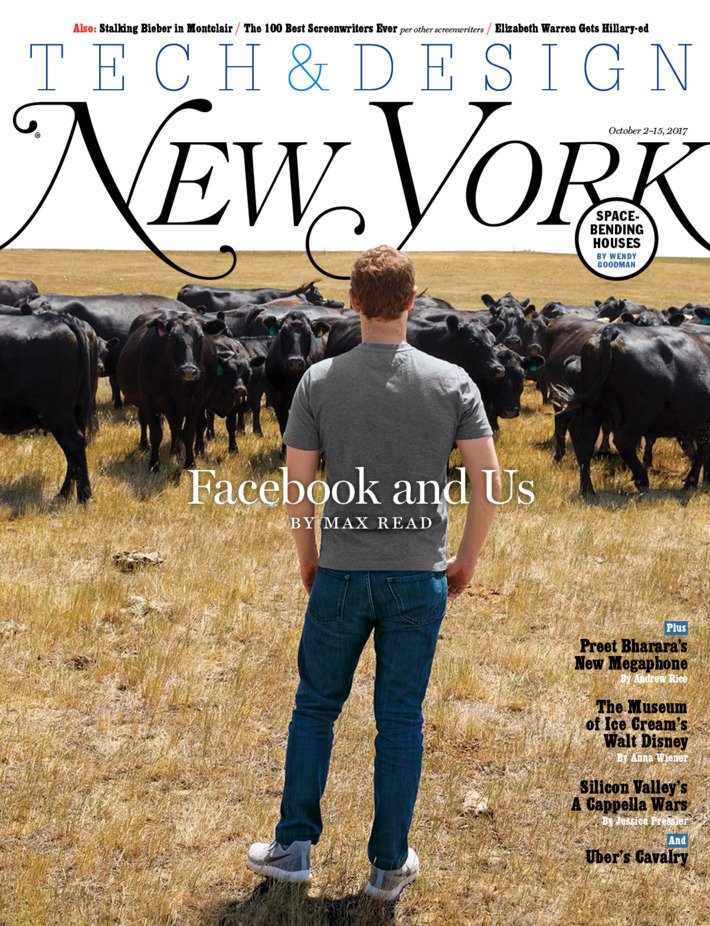
If I had received Wall Street analyst Brian
Wieser’s most recent note to investors a day earlier, I would have thought it was an April Fool’s prank, but the fact that it is datelined April 2nd, affirms that it starts off with
Wieser’s perennial sense of humor: A mock exchange between Facebook CEO Mark Zuckerberg explaining his infamous “dumb as f***s” quip to a Senators at a Congressional hearing on
consumer data privacy slated for later this month.
You can read Pivotal Research Group's Wieser’s hypothetical dialogue above, but the point is well made that it’s not
just Facebook that faces exposure for the kind of granular identity and behavior data that powers the programmatic media-buying marketplace, but all of the Walled Gardens, especially Google.
No wonder Wieser used the occasion to reduce his price targets for the big Internet stocks he follows, especially for Facebook.
advertisement
advertisement
“Under normal circumstances, we would
expect sellers of digital advertising to offer a full-throated defense on the advantages of using third party data services because of the ways in which targeted advertising theoretically benefits
consumers, rather than implying that use of these services violate consumer privacy much more than digital media owners do themselves,” Wieser continues in his note, explaining the exposure the
digital data-gathering and targeting platforms have in the current public debate, the media coverage surrounding it, and their impending public testimony about it.
“A
Congressional hearing would be a difficult forum in which to make this case at the present time,”Wieser explained.
The timing couldn’t be worse, especially as it
coincides with the implementation in May of the European Union’s General Data Protection Regulation (GDPR) rules, which will cause marketers, agencies and media to rethink some of their data
gathering and targeting policies too.
As Wieser notes in his note, there are tradeoffs for consumers when they exchange their data with platforms. The platforms enable us to do
things -- search the relevance of Internet pages in Google’s case, or connect with other users in Facebook’s -- but for many the relative value exchanged maybe coming into question.
Readers of this column already know I used Cambridge Analytica’s breach of Facebook user data as my personal rationale for finally deleting -- er, make that “deactivating” -- my
Facebook account.
As New York magazine noted in its “Facebook and Us” cover story in October 2017, it “has become both a company that gives you birthday
reminders and one that recently helped ensure the integrity of the German election. When not even CEO Mark Zuckerberg seems prepared for the role it has played in global politics over the past year,
how can we be assured Facebook is really safeguarding democracy for us, and it’s not us who need to be safeguarding democracy against Facebook?”
So far, I’m not
missing out on the loss of that exchange. I did miss numerous birthday wishes from friends this weekend, but I can also sleep better at night knowing my data won’t be used to influence how they
think, feel and behave, with or without my knowledge.
